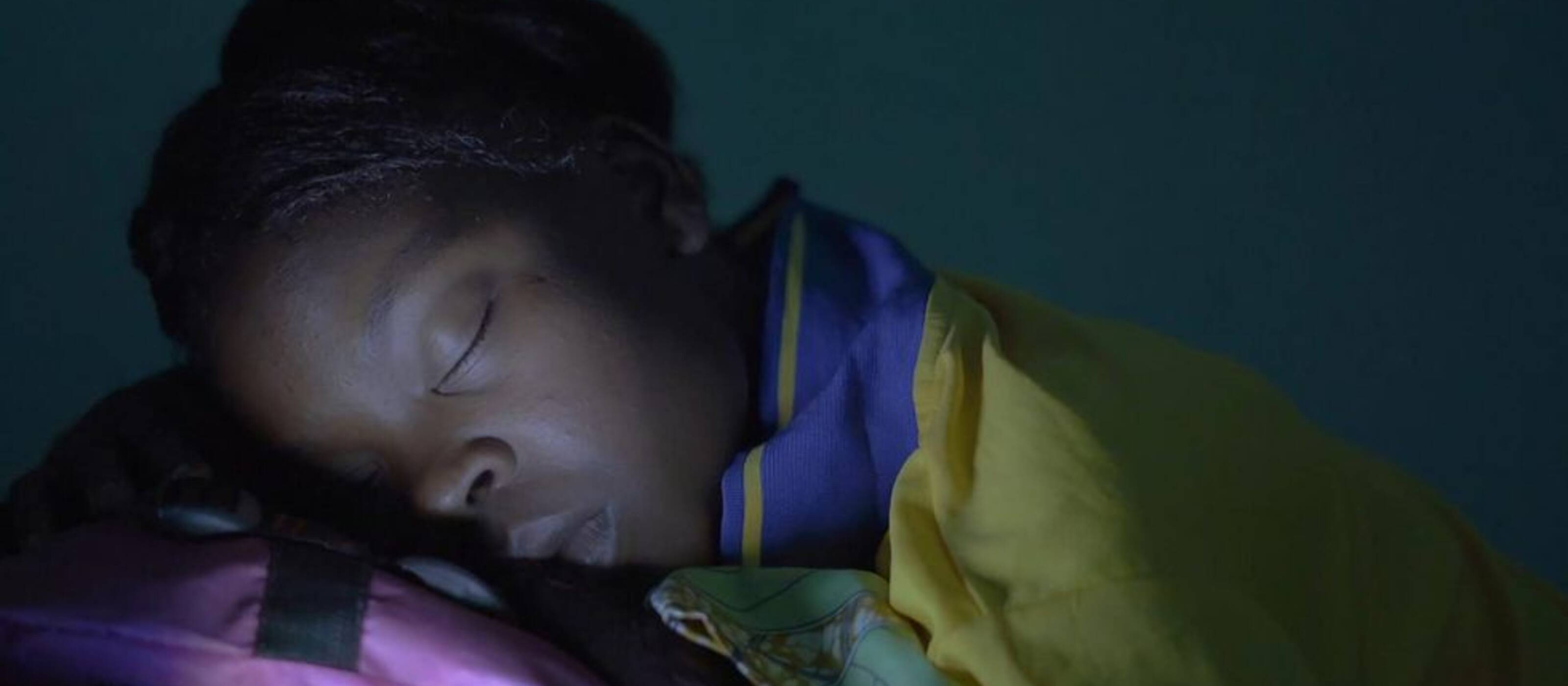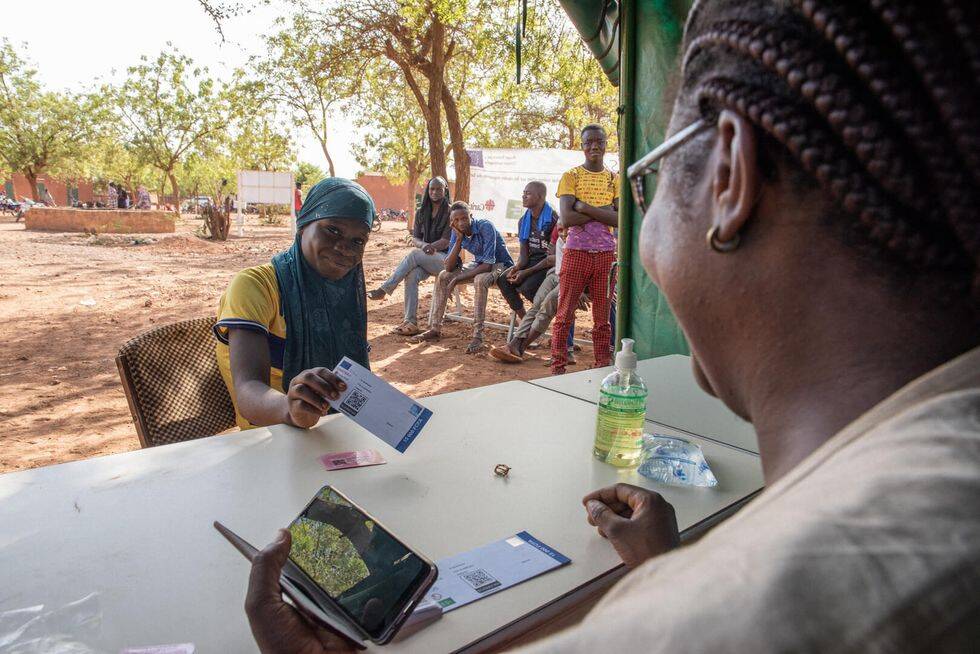

Caritas supports self-determined, dignified and safe migration
Caritas Switzerland supports the moving film ‘The Last Shelter’, which tells of the great temptation to leave one’s home country even if one risks one’s life in the process. The film is set in Gao, in northern Mali, and in the House of Migrants, which was founded in 2009 by Caritas Mali. It was shown in March at the International Film Festival and Forum on Human Rights (FIFDH) in Geneva.
The 20th International Film Festival and Forum on Human Rights (FIFDH) was held on 4 March in Geneva. In 2020, Caritas Switzerland embarked on its cooperation with the festival, in the context of the impact campaign for the film ‘The Last Shelter’ by the Malian director Ousmane Samassékou. This film, marked by great sensitivity and humanity, gives a voice to young people – in particular young girls – from West Africa who have embarked on the ‘adventure of migration’ without being aware of the associated risks and uncertainties. At the end of the film Esther, the main protagonist, leaves the House of Migrants ready to undertake the long journey through the desert, heading north.
The House of Migrants in Gao, Mali
The director takes us into the very personal world of ideas of these young people, who find refuge at the House of Migrants in Gao while on their dangerous journey. Some are on their way back after a first failed attempt at migration but are ready to try again at the risk of their lives. Also shown is an older woman who has been staying there for several years and no longer knows her own name. She also no longer knows where she wants to go to, or where she could return to. The teenager Esther, almost still a child, wants to continue the journey to start a new life – whatever the cost.
The director takes us into the very personal world of ideas of these young people, who find refuge at the House of Migrants in Gao while on their dangerous journey. Some are on their way back after a first failed attempt at migration but are ready to try again at the risk of their lives. Also shown is an older woman who has been staying there for several years and no longer knows her own name. She also no longer knows where she wants to go to, or where she could return to. The teenager Esther, almost still a child, wants to continue the journey to start a new life – whatever the cost.
Protection of the migrants in the Sahel

Caritas Switzerland is also involved in an emergency aid project (PROMISA) offering protection and help for migrants on the Sahel routes. The aim of the project is to secure their basic needs and strengthen their rights by directly supporting the locally established actors who look after the migrants. In Switzerland, too, Caritas Switzerland works to support asyslum seekers and refugees in a variety of ways.Caritas Switzerland is also involved in an emergency aid project (PROMISA) offering protection and help for migrants on the Sahel routes. The aim of the project is to secure their basic needs and strengthen their rights by directly supporting the locally established actors who look after the migrants. In Switzerland, too, Caritas Switzerland works to support asyslum seekers and refugees in a variety of ways.
Header image: Esther, the film's protagonist.